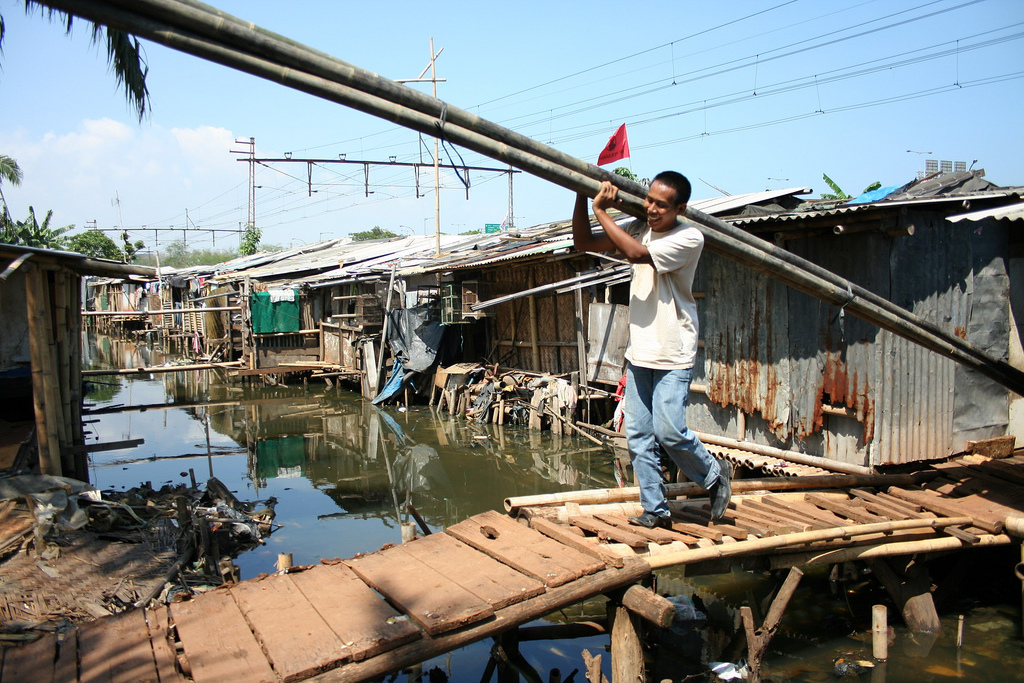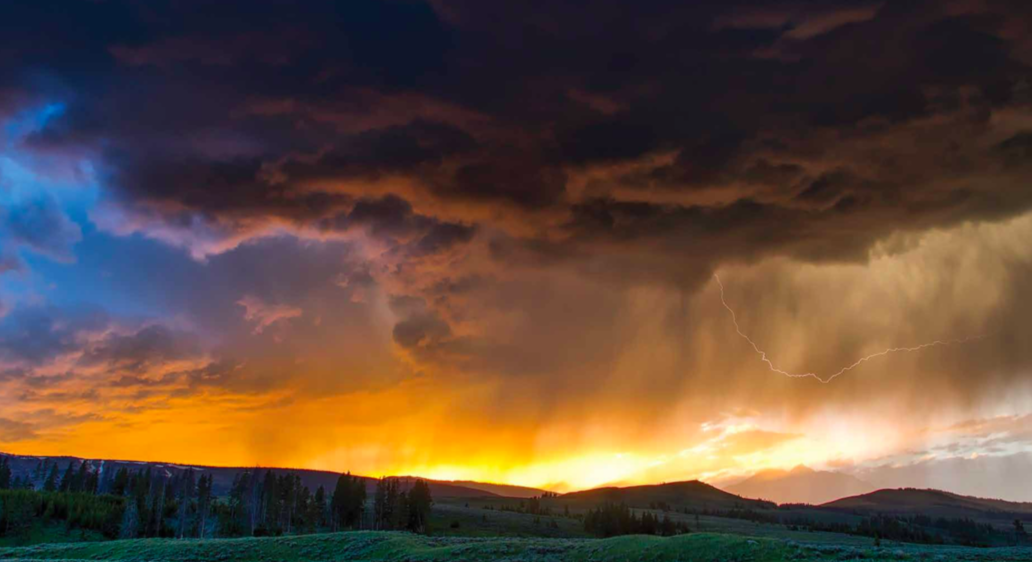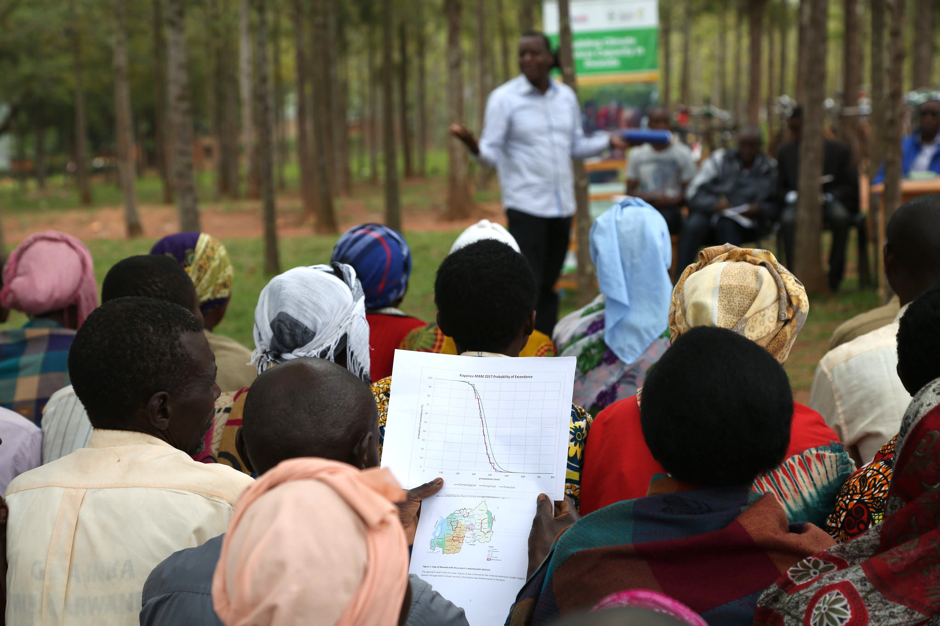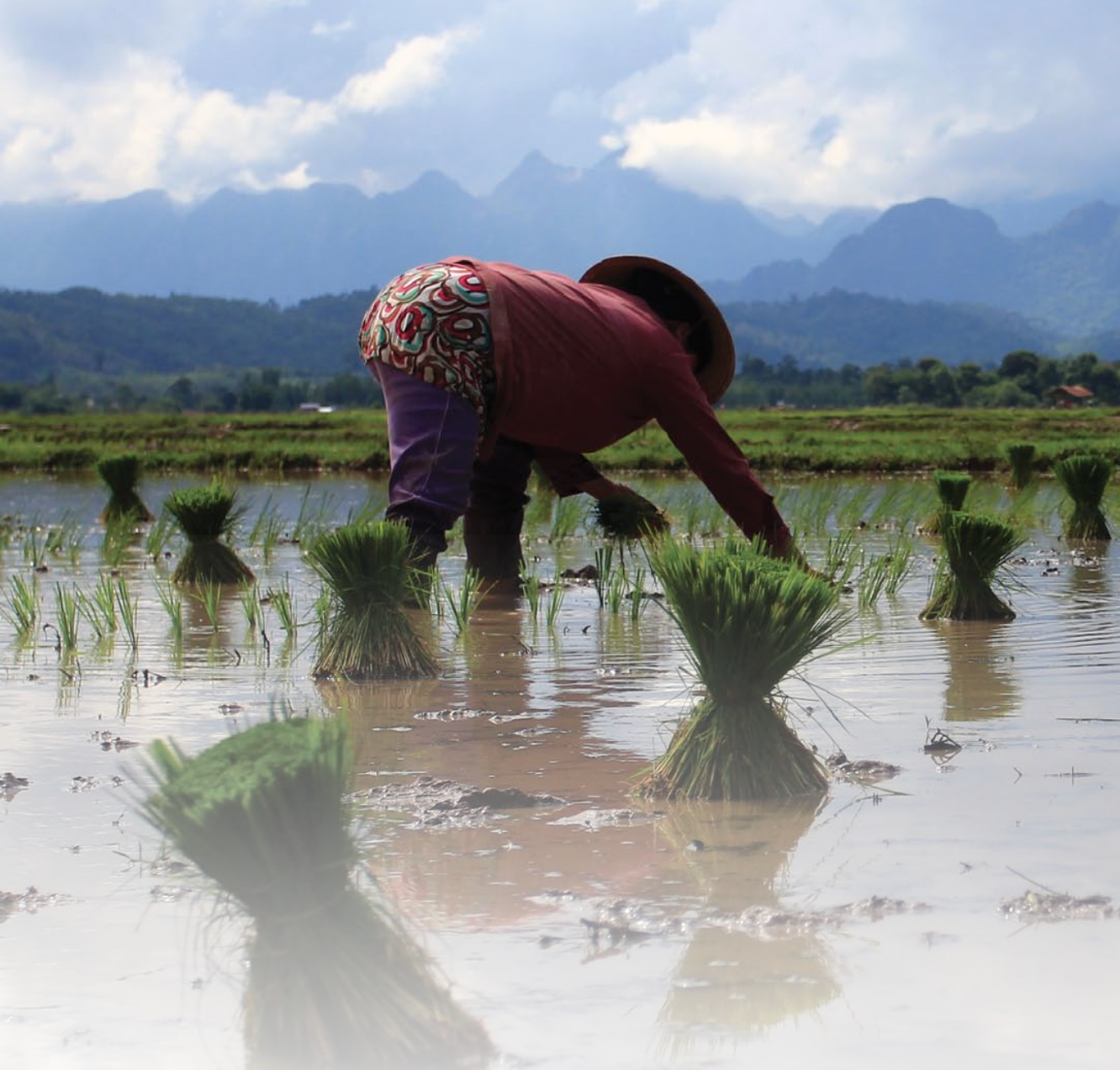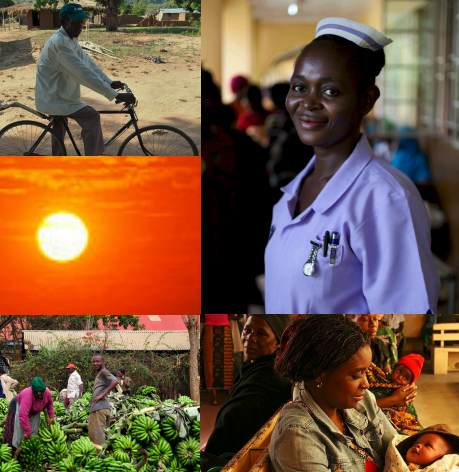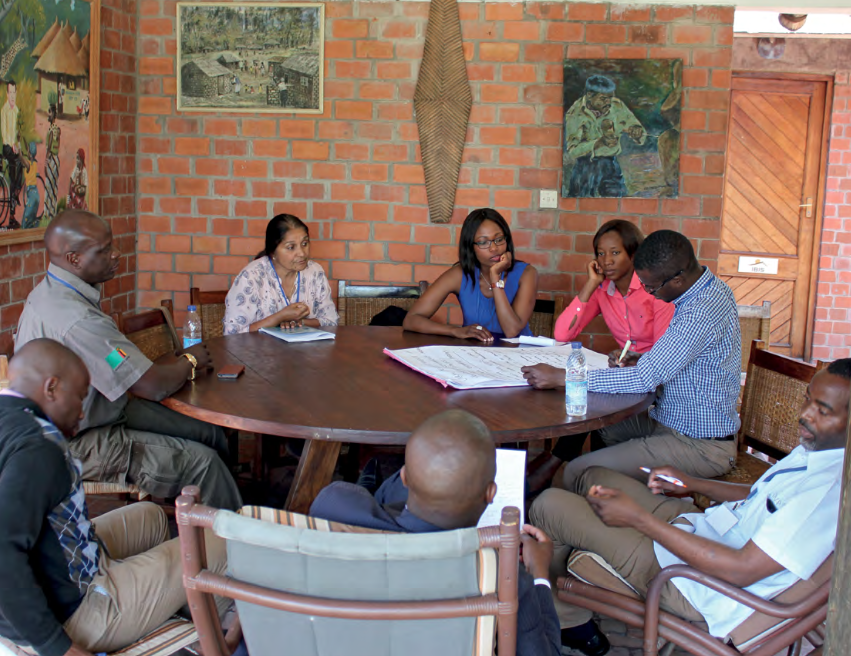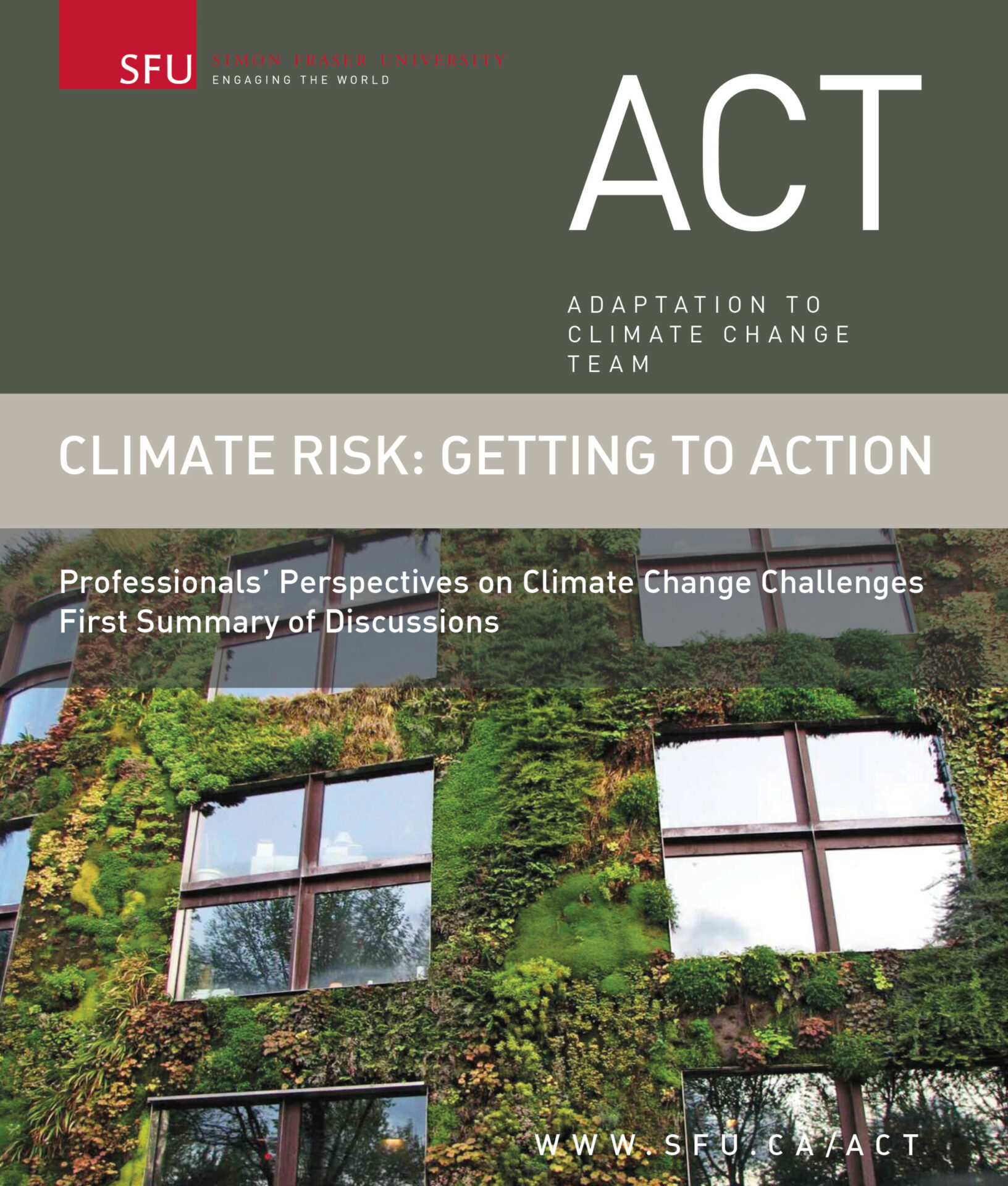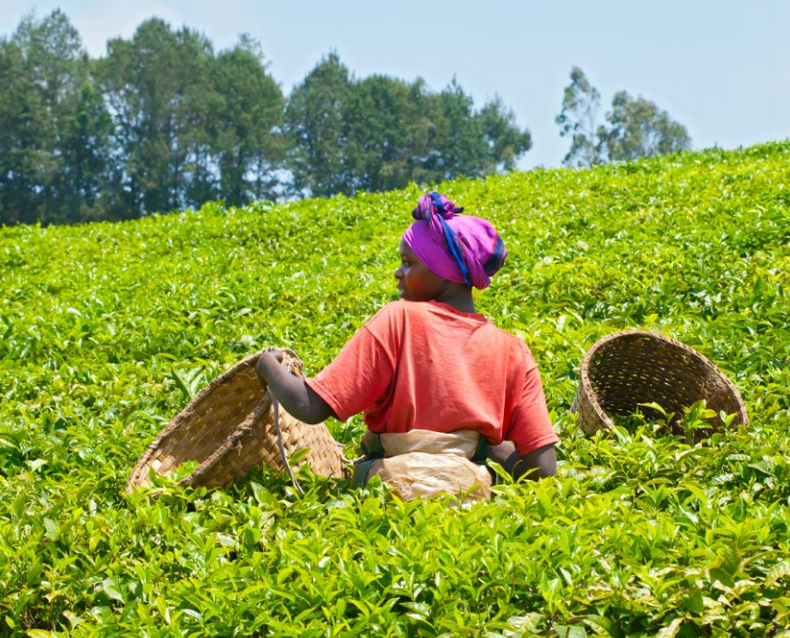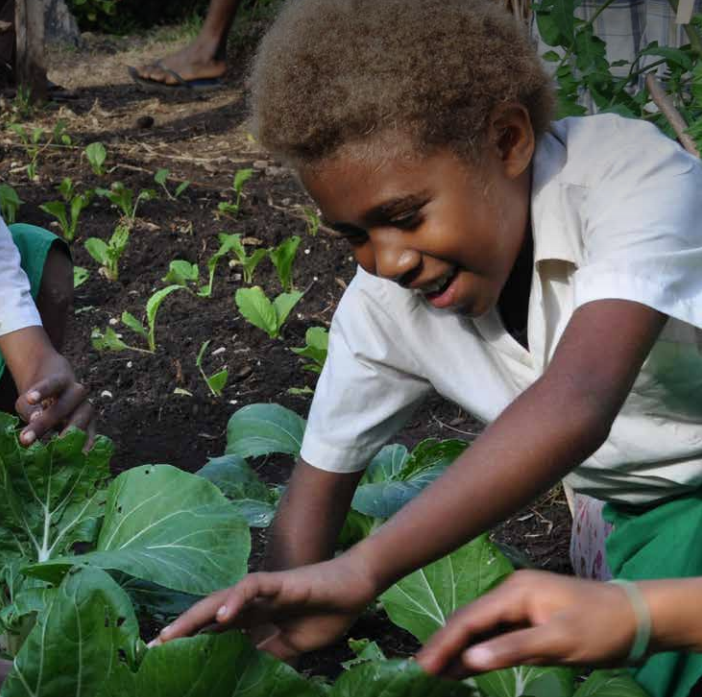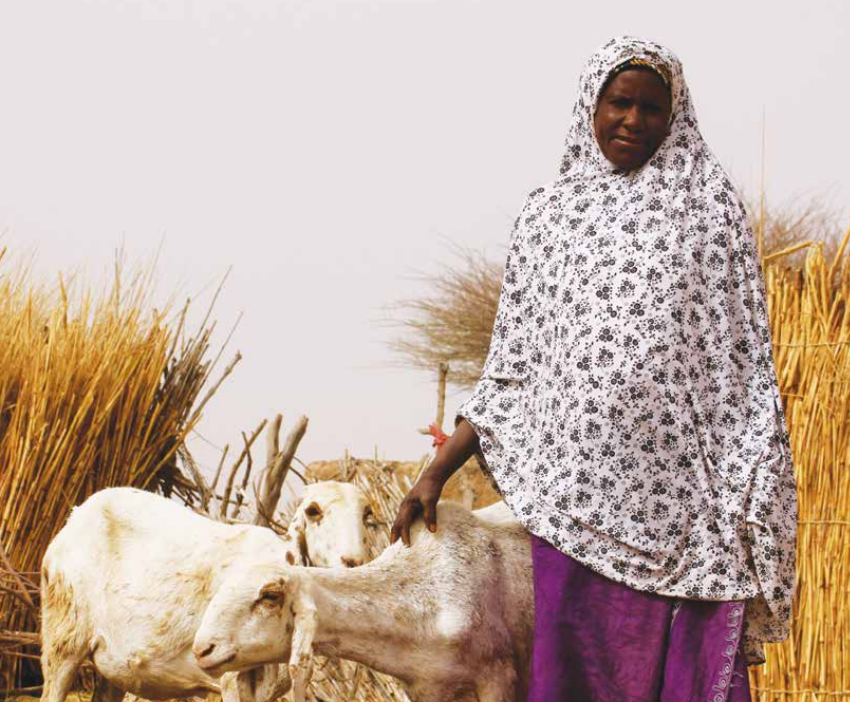identifying adaptation challenges
Advancing resilience in cities, towns and villages through knowledge: Key findings on climate change adaptation in human settlements
This blog discusses a new UNFCCC report (February, 2018) that shares key findings on climate change adaptation in human settlements.
Climate Risk and Vulnerability: A Handbook for Southern Africa (2nd Edition)
An updated version of the popular handbook outlining projected climate change, sectoral impacts and responses (adaptation, disaster risk reduction, and accessing climate finance) in southern Africa
Climate services for agriculture in Rwanda: What farmers know about climate information services in Rwanda
This Info Note shares insights into the status and needs for climate information services for agriculture in Rwanda.
The Consolidated Livelihoods Exercise for Analyzing Resilience (CLEAR) approach
The Consolidated Livelihood Exercise for Analyzing Resilience (CLEAR) is an analytical approach developed by WFP to better understand how food security is affected by climate risks.
Risk Expands, But Opportunity Awaits: Emerging Evidence on Climate Change and Health in Africa
This report presents evidence on the effects of climate change on the health sector in Africa, including threats to health and development investments, and opportunities to achieve health targets.
Dialogue for decision-making: unpacking the ‘City Learning Lab’ approach
The FRACTAL ‘City Learning Lab’ approach is designed to facilitate problem-solving at the intersection of climate change and urbanization trends across cities in Southern Africa.
Climate Risk: Getting to Action – Professionals’ Perspectives on Climate Change Challenges
This report summarizes key examples of climate change challenges and solutions for selected professions synthesized from discussions conducted with professionals from various sectors.
Mainstreaming climate information into sector development plans: the case of Rwanda’s tea and coffee sectors
This report demonstrates the use of climate information in assessing adaptation needs and adaptation interventions. It also outlines changes in thinking as adaptation moves from theory to practice.
Adaptation and resilience in Vanuatu: Interpreting community perceptions of vulnerability, knowledge and power for CBA programming
This report documents findings from fieldwork aimed at contextualizing the resilience-building work of the Vanuatu NGO Climate Change Adaptation Program and linking it to the academic literature.
Adaptation Planning with Communities: Practitioner Brief 1
This brief describes ALP’s community adaptation action planning (CAAP) process, which has proven to be a key approach for building motivation and capacity for action on CBA among communities
